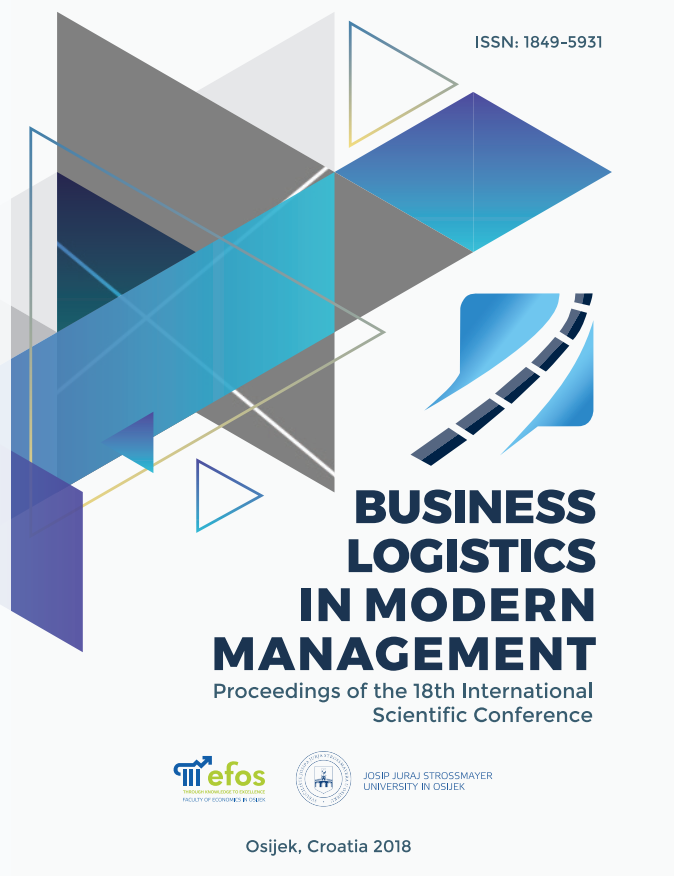THREE-STATE MARKOV MODEL OF USING TRANSPORT MEANS
Abstract
Guarantee of the high level of tasks execution in enterprise is a proper organization of processes and provision of necessary resources for their implementation. Particularly important, especially from the distribution company point of view, is reliability of held transport means. It depends on rational fleet management, adherence to service intervals, proper their use, as well as even workload and avoidance of unnecessary mileage, which contributes to accelerated wear.
The analysis presented in this article showed that exploitation of transport means is also affected by factors not directly related to them, such as personnel decisions, which strongly determined the degree and manner of their use in the investigated company. Incompetent employees of the customer service department caused that there were generated unavoidable mileage, which could be avoided. They contributed not only to the increase of process costs, but also increased the degree of transport means consumption, unnecessarily reducing their efficiency and effectiveness.
In the study, Markov models were proposed in both discreet and continuous physical time. It concerned two stages of the process, before and after implementation of changes. An analysis of the process evolution over time was also made, calculating boundary probabilities. The obtained models not only allowed for a description of the analyzed system and prediction of selected logistic indicators, but also indicated the directions for possible improvements.

